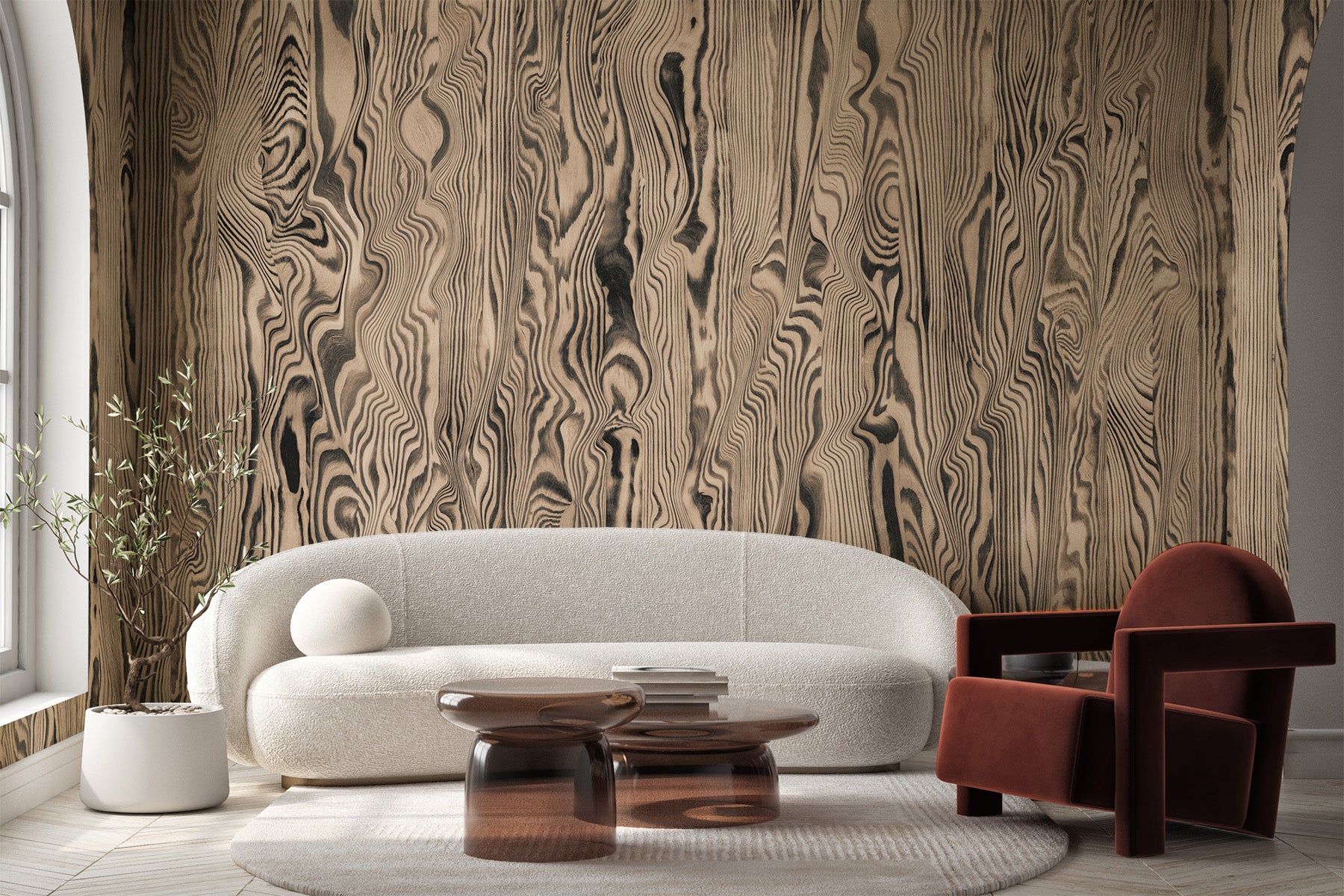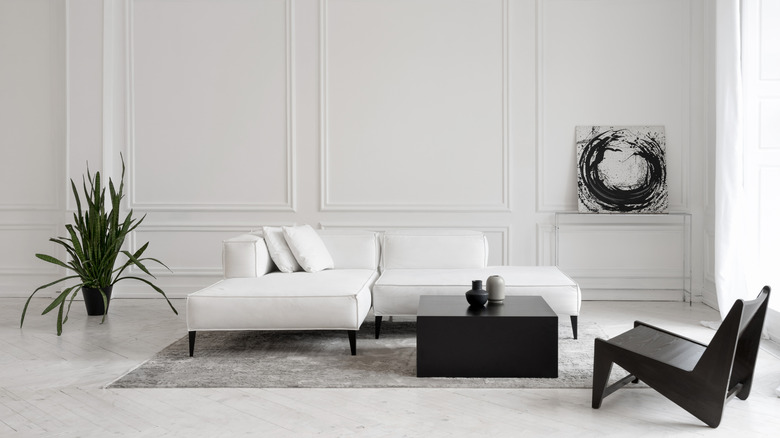Vital Tips for Integrating Minimalism right into Your Personal and Professional Life
Vital Tips for Integrating Minimalism right into Your Personal and Professional Life
Blog Article
Comprehending Minimalism: Strategies for Minimizing Clutter and Enhancing Clarity in Everyday Living
Minimalism is progressively acknowledged as a viable method to improving clearness and emphasis in today's cluttered world. By methodically reviewing our possessions and prioritizing intentionality, we can produce areas that not only reflect our values yet likewise advertise psychological health. Employing techniques such as the "Four-Box" strategy can assist in a much more organized environment, yet truth difficulty depends on growing a minimalist frame of mind that sustains these efforts. Checking out the subtleties of this ideology may reveal unexpected insights right into just how you can transform your every day life. When you embrace this willful simpleness?, what might you find.
Specifying Minimalism and Its Benefits
Defining minimalism involves comprehending it as a way of living choice that emphasizes simpleness and intentionality in both physical belongings and daily routines. At its core, minimalism motivates individuals to prioritize what really matters, permitting a much more purposeful and focused existence. By removing the non-essential, minimalism invites individuals to involve deeply with their surroundings and experiences.
The benefits of taking on a minimal technique are complex. To start with, it promotes mental clearness, as minimizing mess in one's atmosphere can bring about decreased distractions and stress and anxiety. When bordered by less properties, people typically report enhanced concentration and boosted performance. Minimalism promotes economic liberty; by prioritizing requirements over wants, individuals can make even more enlightened acquiring decisions, leading to possible savings and minimized financial obligation. Furthermore, a minimalist way of living can yield psychological benefits, as it encourages individuals to grow appreciation wherefore they have rather than yearning for more.
Ultimately, minimalism is not simply regarding worldly reduction however involves an all natural change in viewpoint, fostering a life defined by fulfillment, objective, and balance. Accepting this way of life can bring about profound modifications in exactly how individuals interact and view with the globe around them.
Examining Your Current Mess
Mess usually materializes as a frustrating accumulation of products that no longer offer an objective, producing a barrier to attaining a minimalist way of life. To properly assess your current clutter, it is necessary to adopt a methodical technique. Begin by identifying the areas in your space that feel chaotic or overwhelming. Make note of particular categories of products, such as clothing, books, or kitchenware, as this will aid you comprehend the scope of the clutter.

In addition, consider the frequency of use for each thing. Inevitably, understanding your current clutter is a critical action toward accepting minimalism and improving quality in your daily living.

Practical Decluttering Strategies
Having actually examined your current mess, the next action is to carry out practical decluttering strategies that promote a more organized living space. Minimalism. One effective technique is the "Four-Box" technique, where you assign four boxes labeled: maintain, contribute, garbage, and relocate. This technique urges fast decision-making and makes sure things are categorized properly
An additional strategy is the "One in, One out" rule, which specifies that for every new thing gotten, an existing thing needs to be gotten rid of. This principle helps maintain equilibrium and avoids build-up over time. Furthermore, think about the "30-Day Minimalism Game," where you get rid of one item on the initial day, 2 on the 2nd, etc, cumulatively cultivating a sense of accomplishment.
For those who battle with emotional attachments to possessions, the "Sentimental Value" technique can be advantageous. Limit yourself to a certain number of cherished items, permitting you to appreciate their relevance without frustrating check it out your area. Last but not least, develop a regular decluttering routine, whether regular monthly or seasonally, to maintain a clutter-free atmosphere. By employing these techniques, you can create a much more reliable and calm living space, eventually boosting quality in your day-to-day life.
Producing Intentional Spaces
Developing deliberate spaces entails a thoughtful approach to how we design and organize our settings, ensuring each location serves a specific function and mirrors our worths. This technique is important in cultivating a feeling of clearness and objective in our day-to-days live. By seriously analyzing the function of each area, we can remove disturbances and enhance our general health.
To develop deliberate rooms, start by determining the key tasks that will take place in each area. As an example, a home office need to be designed to promote performance, incorporating components such as adequate lights, comfy furniture, and marginal interruptions. In comparison, a leisure area ought to advertise harmony, featuring comforting shades and comfortable seats.
Additionally, consider the psychological effect of your environments (Minimalism). Integrating personal products that resonate with your values, such as art work or plants, can enhance the connection to your space. Consistently examine these environments to guarantee they remain to offer their designated objective as your needs evolve
Ultimately, developing intentional areas is regarding making mindful options that align with your lifestyle, advertising consistency and efficiency in your living and working atmospheres.
Preserving a Minimalist Frame Of Mind
Welcoming a minimal attitude requires continuous reflection and intentionality in our thoughts and activities. Set aside time to assess your dedications, ownerships, and even digital web content, ensuring they straighten with your core concepts.
This change in point of view encourages admiration for simplicity, boosting total wellness. Including mindfulness techniques, such as reflection or journaling, can additionally reinforce a minimalist frame of mind by promoting clearness and decreasing psychological clutter.
Furthermore, establish boundaries to protect your time and power. Discover to say no to non-essential commitments and interruptions that do not add to your individual growth. Surround on your own with similar people that sustain your minimalist trip, as shared worths can boost inspiration and accountability.
Final Thought
Finally, welcoming minimalism supplies substantial advantages, including reduced mess and enhanced quality in day-to-day life (Minimalism). By methodically analyzing belongings and carrying out sensible decluttering methods, individuals can produce intentional spaces that promote mindfulness and thankfulness. Keeping a minimalist attitude needs continuous examination and commitment this to simpleness, inevitably leading to a more concentrated and satisfying way of living. The principles my explanation of minimalism work as useful tools for growing an environment that supports personal growth and wellness.

In addition, think about the "30-Day Minimalism Game," where you remove one item on the first day, two on the second, and so forth, cumulatively fostering a feeling of accomplishment.
In final thought, accepting minimalism provides substantial advantages, consisting of decreased mess and boosted quality in everyday life.
Report this page